
Alyson McGregor, MD, of Brown University discusses the focus of her research into sex and gender in emergency medicine.

Alyson McGregor, MD, of Brown University discusses the focus of her research into sex and gender in emergency medicine.

Telisotuzumab vedotin (Teliso-V, AbbVie) is an investigational antibody-drug conjugate that targets c-Met, a receptor tyrosine kinase that is overexpressed in tumors.
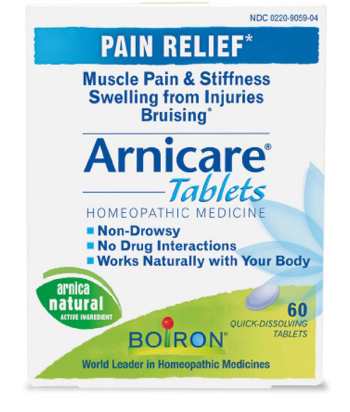
Arnicare temporarily relieves muscle pain and relieves stiffness due to minor injuries.
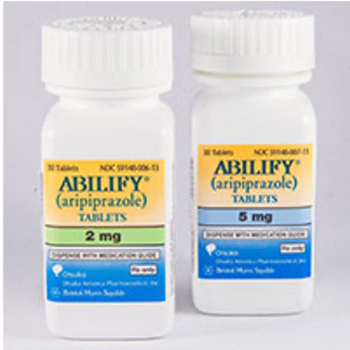
The efficacy of aripiprazole could be mediated through a combination of partial agonist activity at D2 and 5-HT1A receptors and antagonist activity at 5-HT2A receptors.
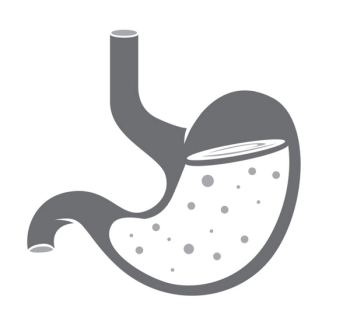
In patients with gastroparesis, the stomach's motility is slowed down or doesn't work at all, preventing proper emptying.

The COVID-19 pandemic has increased the need for more helping hands in pharmacies, especially with vaccinations, and the opportunities for techs may last.

The approval marks the first small interfering RNA therapy for low-density lipoprotein cholesterol reduction.

Eli Lilly says the drug in combination with TCS also achieved all key secondary endpoints versus the placebo for individuals with AD.

1960-2021

There are key benefits and risks for student pharmacists to consider when approaching an Instagram account for professional pharmacy purposes.
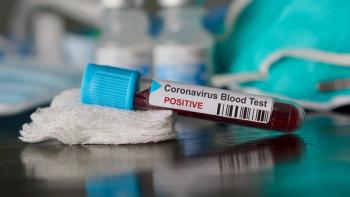
The study analyzed blood samples taken from individuals infected with COVID-19, those who had been vaccinated with a 2-dose schedule and a third booster dose, and those who had reported previous infection from other COVID-19 variants of concern.

This is an update to the 2011 AAN guideline on the treatment of painful diabetic neuropathy, according to a press release.

When using a therapy to clear the senescent cells, disease progression and cell death were stopped, according to the study.

Nurtec is the first oral calcitonin gene-related peptide antagonist approved for both acute and preventative treatment of migraine.

The existing EUA was also amended to reduce the time for booster dose administration from a minimum of 6 months to at least 5 months following completion of the primary COVID-19 vaccine series.

Pharmacists can play a key role in providing education and guidance to patients with glaucoma.
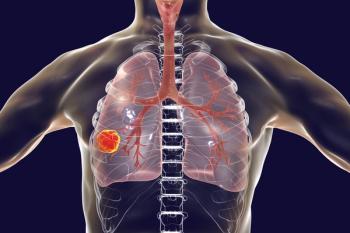
The Breakthrough Therapy Designation was granted based on data from the dose escalation portion of 2 expansion cohorts of a 3-cohort phase 1 study.

Results from a study conducted by the Institute for Health Metrics and Evaluation show that new cases jumped 26.3% over the same period.

Study results show that these regimens increased the chances of treatment success among individuals aged 3 to 18 years compared to standard therapeutics.

Witch hazel is used for conditions such as diarrhea, mucus colitis, and various other skin irritations.
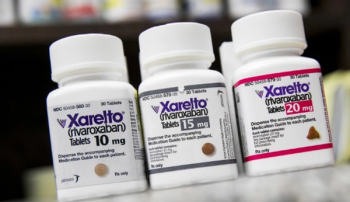
Rivaroxaban is indicated to reduce the risk of stroke and systemic embolism in patients with nonvalvular atrial fibrillation, for the treatment of deep vein thrombosis, and pulmonary embolism.
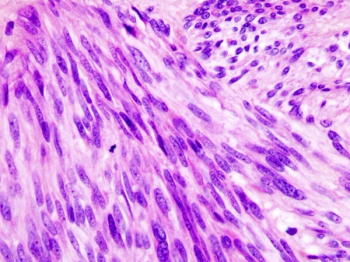
Small GISTs may cause no symptoms and may grow so slowly that they have no serious effects.

The FDA has granted emergency use authorization for a COVID-19 at-home test (Roche) and a rapid COVID-19 antigen self-test (Clinitest; Siemens Healthineers).

Individuals receiving the therapy had an 87% reduction in risk for the composite primary endpoint of virus-related hospitalization or all-cause death by day 28.

The therapeutic is the first biologic launched by LEO Pharma in the United States and is expected to be available in pharmacies by February 2022.

When assessing treatments for flu and cold symptoms, it is important for the pharmacist to consider not only the patient’s current medication regimen, but also other OTCs and disease states.

The approval is based on efficacy and safety data from 2 positive phase 3 studies that evaluated a combined study population of 166 individuals, which represented the US population with Cushing syndrome.

The research team compared the monthly average blood pressures between 2018 and 2019 with blood pressure measures from January through March 2019 to January through March 2020.

Staffing shortage hits technician ranks hardest, putting additional pressure on pharmacists.
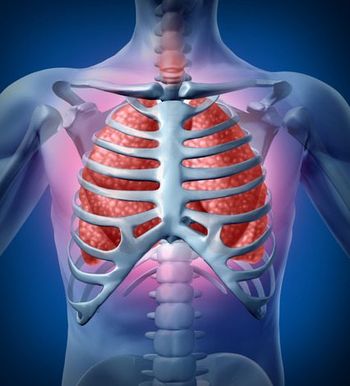
The research team looked at a pooled analysis of all published studies to re-evaluate the relationship between regular exercise and the risk of developing pneumonia.